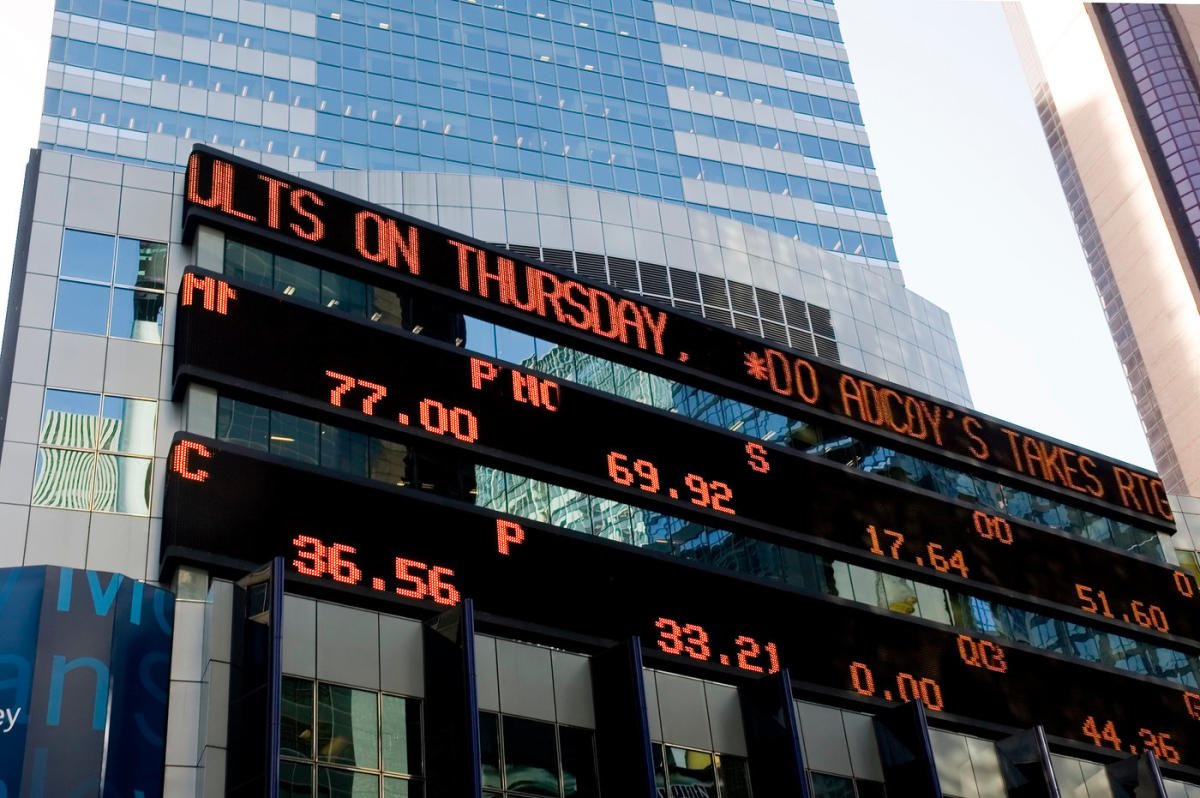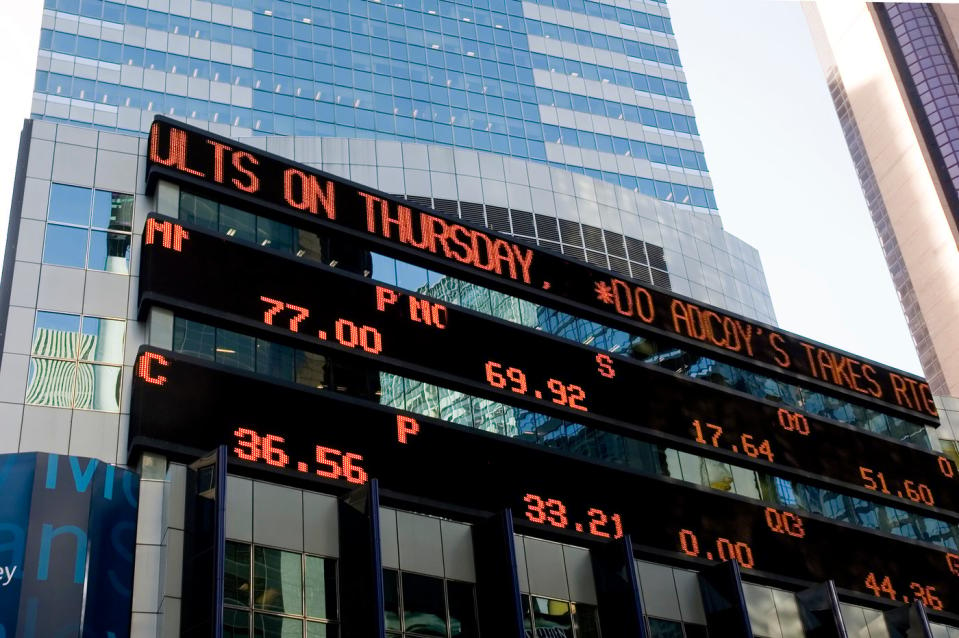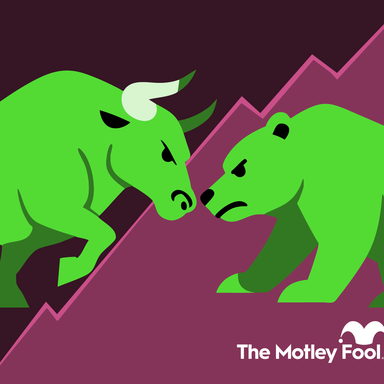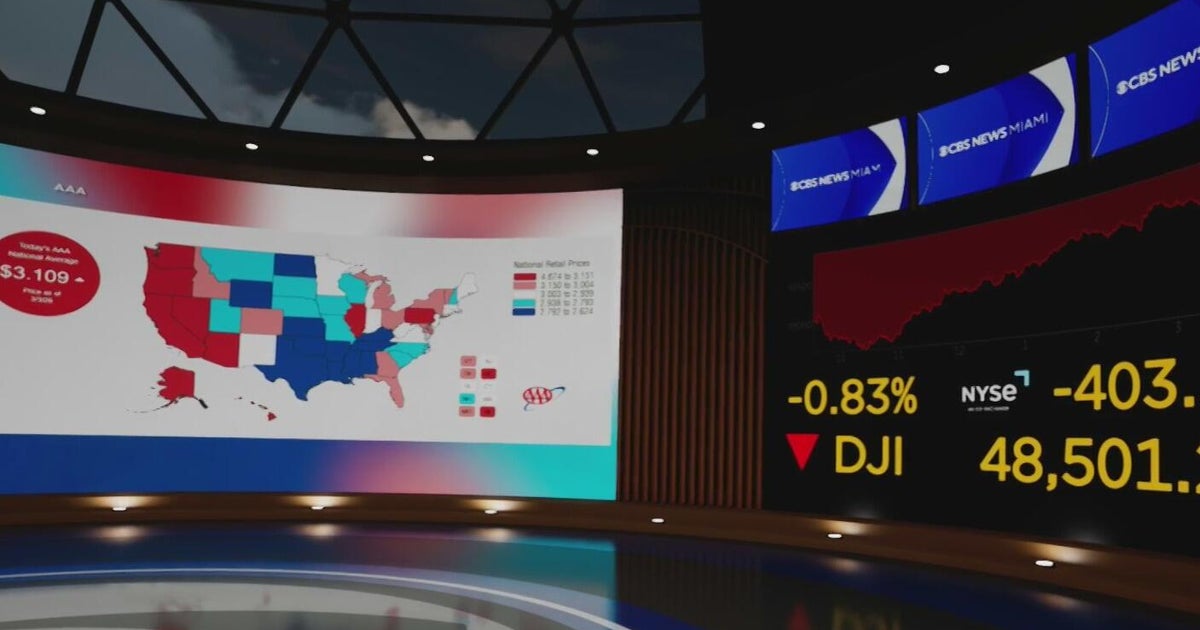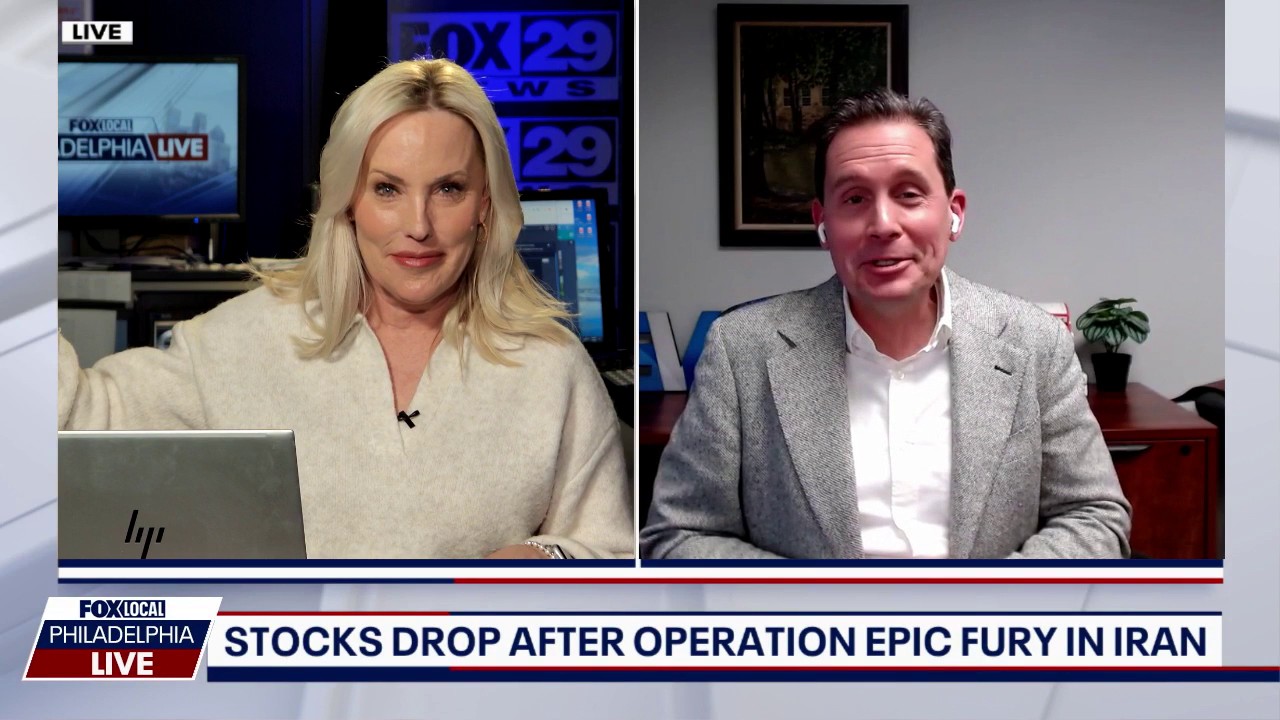For nearly 128 years, the Dow Jones Industrial Average (DJINDICES: ^DJI) has served as the most-watched barometer of Wall Street’s health. It’s evolved from a 12-company index weighted heavily toward industrial businesses in the late 1800s to one that’s now made up of 30 diverse, time-tested, multinational companies.
The long-term success of the Dow’s components has been quite the lure for investors. It just so happens that everyday investors have access to the portfolios of Wall Street’s brightest minds to see what they’ve been up to.
Every quarter, money managers with at least $100 million in assets under management are required to file Form 13F with the Securities and Exchange Commission. A 13F provides a detailed snapshot of what top-tier asset managers bought and sold in the latest three-month period. Despite the drawback of not getting this under-the-hood look until 45 days following the end of a quarter, 13Fs still provide invaluable insight into the stocks, industries, and trends capturing the attention of Wall Street’s most successful investors.
The latest round of 13Fs (filed on Feb. 14) was particularly significant for three Dow Jones Industrial Average components. Whereas billionaire investors absolutely piled into two outperforming Dow stocks, 13F filings also show one Dow constituent was sent to the chopping block.
Dow stock No. 1 that billionaire investors are piling into: Walt Disney
The first Dow component that really caught the attention of billionaire money managers during the quarter ending in December was theme-park operator and media giant Walt Disney (NYSE: DIS). Five prominent billionaires added to their respective funds’ stakes, including (total shares purchased in parentheses):
-
Ken Griffin of Citadel Advisors (6,340,344 shares)
-
Jim Simons of Renaissance Technologies (1,100,700 shares)
-
John Overdeck and David Siegel of Two Sigma Investments (563,685 shares)
-
Ken Fisher of Fisher Asset Management (309,376 shares)
The lure of the House of Mouse for these billionaires looks to be some combination of improved operating performance and Disney’s unmatchable intangibles.
With regard to the former, Disney’s management team has stuck by its previous forecast that the company’s streaming segment will reach profitability by the fourth quarter of the current fiscal year (ending in late September 2024). Following years of sizable operating losses from its streaming segment, Disney has expanded its direct-to-consumer offerings to include an ad-inclusive tier, and it hasn’t been afraid to raise its prices.
I’ll also add that Disney is seeing incremental growth from its theme-park and entertainment divisions as we move further away from the worst of the COVID-19 pandemic. Let’s not forget that China is only a little over a year removed from abandoning its stringent COVID-19 mitigation measures.
The other big-time catalyst for Walt Disney is the uniqueness of its brand. There isn’t another media company that has the depth of characters or storytelling that Disney brings to the table. Few businesses can so easily cross generational gaps with their products and services.
Having a strong brand affords the company exceptional pricing power. Admission prices for Disneyland in Southern California have outpaced the prevailing rate of inflation in the U.S. by a factor of 10 since 1955. It’s also why Disney can comfortably increase streaming prices without the fear of driving away too many of its subscribers.
Dow stock No. 2 that billionaire investors are piling into: Amazon
The second Dow stock that billionaires were seemingly tripping over themselves to buy during the fourth quarter was e-commerce company Amazon (NASDAQ: AMZN). The recently added Dow component had eight billionaire investors mashing the buy button, including (total shares purchased in parentheses):
-
Ken Griffin of Citadel Advisors (4,321,477 shares)
-
Jim Simons of Renaissance Technologies (4,296,466 shares)
-
Chase Coleman of Tiger Global Management (947,440 shares)
-
Ken Fisher of Fisher Asset Management (888,369 shares)
-
John Overdeck and David Siegel of Two Sigma Investments (726,854 shares)
-
Steven Cohen of Point72 Asset Management (462,179 shares)
-
Israel Englander of Millennium Management (85,532 shares)
Although Amazon is best known for its world-leading e-commerce marketplace, online retail sales produce menial margins and little in the way of operating cash flow or income. Chances are that billionaires piled into Amazon because of the robust growth of its ancillary segments.
No operating division is more important to Amazon than its cloud infrastructure service platform, Amazon Web Services (AWS). AWS accounts for close to one-third of worldwide cloud infrastructure service spending, based on estimates from tech market analyst Canalys. Despite accounting for only one-sixth of the company’s net sales, the high margins associated with cloud services have helped AWS consistently generate 50% to 100% of Amazon’s operating income.
Amazon’s advertising and subscription services are fast-growing segments, too. In April 2021, then-CEO Jeff Bezos noted that his company had surpassed 200 million global Prime subscribers. This figure has likely risen given that Amazon is now the exclusive streaming provider of Thursday Night Football.
Finally, Amazon is a logical beneficiary of the artificial intelligence (AI) revolution. For example, generative AI solutions within AWS can be used by merchants to tailor messages to potential buyers. As long as AI remains a red-hot investment trend, Amazon is likely to benefit and draw the attention of billionaire money managers.
The Dow component billionaire investors can’t sell fast enough: Verizon Communications
However, not every Dow Jones Industrial Average stock was embraced by billionaires in Q4. One widely owned stock that found itself on the chopping block was telecom titan Verizon Communications (NYSE: VZ). Seven successful billionaires were sellers, including (total shares sold in parentheses):
-
John Overdeck and David Siegel of Two Sigma Investments (3,314,607 shares)
-
Israel Englander of Millennium Management (2,830,060 shares)
-
Ken Griffin of Citadel Advisors (2,106,623 shares)
-
Jeff Yass of Susquehanna International (1,844,350 shares)
-
Steven Cohen of Point72 Asset Management (1,458,200 shares)
-
Jim Simons of Renaissance Technologies (834,522 shares)
The reason prominent billionaires dumped Verizon in droves likely had to do with a July report from The Wall Street Journal that alleged legacy telecom companies could face sizable environmental and health-related liability costs tied to their use of lead-sheathed cables. Generally speaking, Wall Street loathes uncertainty.
The Federal Reserve’s historic interest rate-hiking cycle was another possible sell catalyst for billionaire asset managers. Legacy telecom companies are carrying quite a bit of debt on their balance sheets. The nation’s central bank increasing the federal funds rate by 525 basis points in less than two years could make future refinancing and borrowing costlier.
Verizon is also a mature business that’s set to grow by a low-single-digit rate for the foreseeable future. With AI stocks soaring, active funds have likely been reallocating capital to faster-growing companies with more robust long-term expansion outlooks.
But in spite of this selling pressure, Verizon and its 6.7% yield still look like a bargain. Upgrading its network to handle 5G download speeds has increased wireless data consumption and is prompting a wave of broadband additions.
Furthermore, Verizon has made it clear that lead-clad cables play only a small role in its network. If the company were to have any financial liability, it would likely be determined by the notoriously slow U.S. court system. In other words, many of the reasons to be skeptical of Verizon lack substance.
Should you invest $1,000 in Walt Disney right now?
Before you buy stock in Walt Disney, consider this:
The Motley Fool Stock Advisor analyst team just identified what they believe are the 10 best stocks for investors to buy now… and Walt Disney wasn’t one of them. The 10 stocks that made the cut could produce monster returns in the coming years.
Stock Advisor provides investors with an easy-to-follow blueprint for success, including guidance on building a portfolio, regular updates from analysts, and two new stock picks each month. The Stock Advisor service has more than tripled the return of S&P 500 since 2002*.
*Stock Advisor returns as of February 26, 2024
John Mackey, former CEO of Whole Foods Market, an Amazon subsidiary, is a member of The Motley Fool’s board of directors. Sean Williams has positions in Amazon. The Motley Fool has positions in and recommends Amazon and Walt Disney. The Motley Fool recommends Verizon Communications. The Motley Fool has a disclosure policy.
2 Dow Stocks Billionaire Investors Are Absolutely Piling Into, and 1 They Can’t Sell Fast Enough was originally published by The Motley Fool

